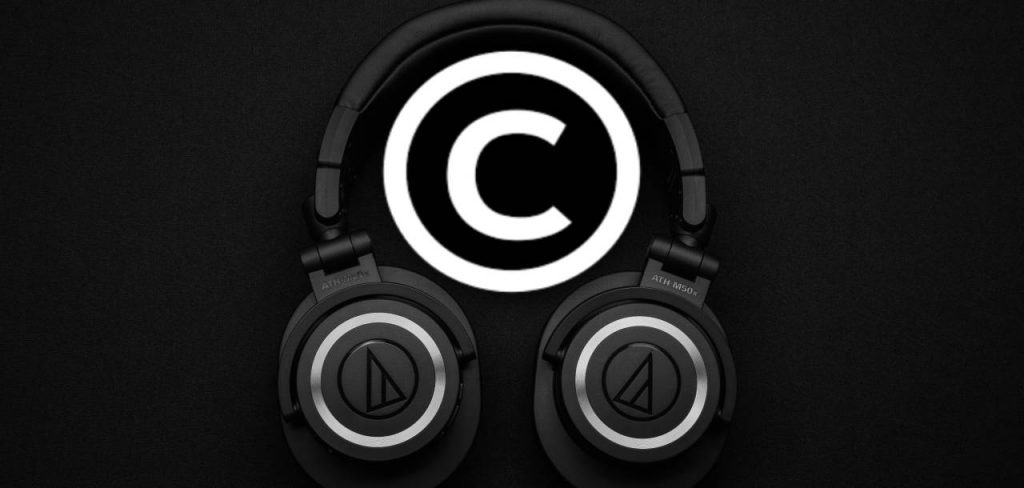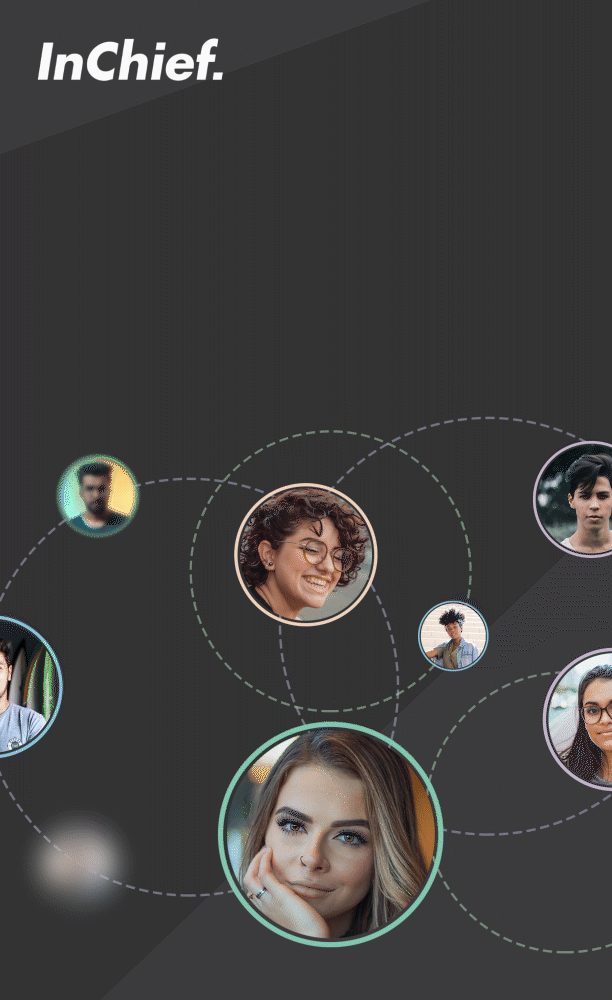From jingles to backing music, here’s what you need to know
Regardless of the kind of content you create, music will play a huge role. From opening jingles to transition music and soundtracks, almost every video or slideshow will use music, so it’s important you understand the law around it. If you’re a budding composer and can put together your own royalty-free samples, good for you! You won’t need to read this. But for the rest of us, here’s what you need to be aware of.
If you want to use music, you need to get permission. It’s that simple. “Always try and obtain consent where possible, – this may require some research on who owns the copyright in the song,” said Matt Green, a solicitor at Brandsmiths. If you don’t, you run the risk of having the entirety of your content removed, even banned from the platform or potentially sued for damages. You will see lots of creators infringing copyright law – that does not mean it’s okay to do it or that you won’t get caught. Worry about your own accounts and channels and not anyone else’s. “In most cases you will be asked to remove the infringing content. Repeated infringements may result in banning the account or removing your content irreversibly,” explained Green.”
If you want to use a particular song or snippet, you’ll need to contact the copyright owner to get their express permission. Otherwise, Green noted that “Facebook and Youtube have catalogues of music available for use. See Facebook’s Sound Collection or YouTube’s Music Library.” Green also cautioned that the rules apply during live streams, so if you’re planning to do an Instagram Live, don’t have the radio playing or Spotify on: “Instagram is reportedly warning users who play more than 90 seconds of copyrighted songs to stop or risk having their livestream shut down. A pop-up window has reportedly been employed to warn livestreamers against playing over 90 seconds of songs they don’t own the rights.”
In practical terms, this means making sure you don’t accidentally infringe copyright. Turn off any music before you start filming unless you have the rights to it, don’t be tempted to “borrow” anyone else’s imagery or graphics for your space and be careful if you want to “react to” someone else’s content in one of your videos. If in doubt, always seek the original creator and copyright holder’s permission.
On TikTok, only use songs and sounds from the approved library – if the song you want isn’t on there, don’t be tempted to just play it from your phone or laptop while you record. You will be infringing copyright law, and you could get hit with legal action. There are a number of unauthorised remixes on TikTok’s sound library, so be careful with using those too – the sound could be removed without any warning, making your carefully-crafted video a silent movie.






